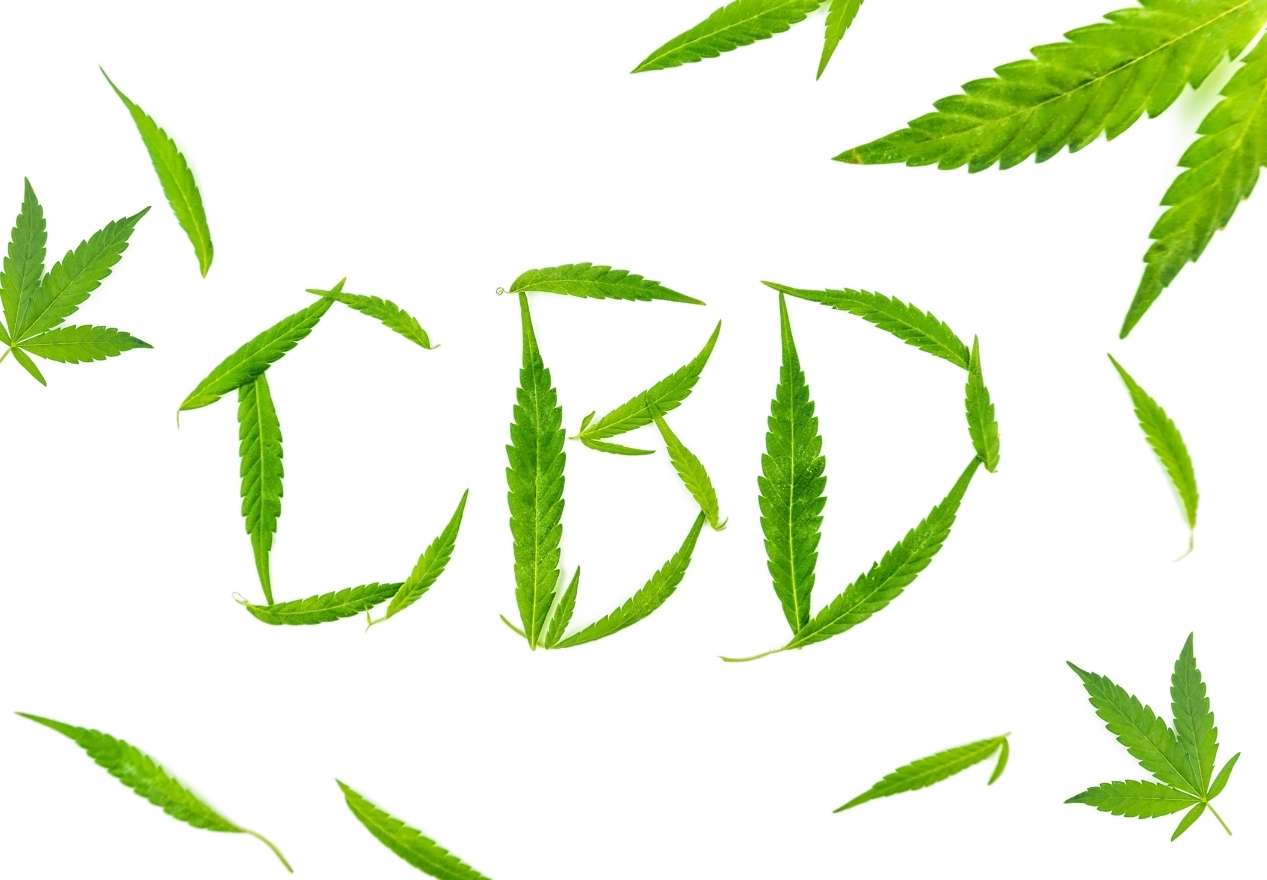CBD is a famous natural remedy everyone is eager to try out for a variety of reasons.
Studies have shown that for specific medical conditions, CBD can be beneficial.
Because of this, there has been significant interest in studying the possibilities. It is an appealing option for those seeking an alternative to medications and treatments.
What Is Heart Disease?
Heart disease is a term that refers to several types of heart conditions like heart attacks, arrythmia, heart failure, and coronary artery disease. Heart disease is also the leading cause of death for men and women in the United States.
The most common type of heart disease in the US is coronary artery disease or CAD for short. CAD affects the blood flow to the heart which in turn can cause a heart attack.
655,000 Americans die from heart disease each year – that’s 1 in every 4 deaths or a death every 36 seconds.
Heart disease alone costs the US about $219 billion each year, this includes the cost of health care services, medicines, etc…
Some risk factors for heart disease are:
- High blood pressure
- High cholesterol
- Smoking
- Diabetes
- Obesity
- Physical inactivity
- Excessive alcohol use
Consulting with your doctor, changing your lifestyle and taking certain medications are the best ways to keep your heart healthy.
Due to the increase in medical studies regarding CBD, studies have shown it to be an extremely viable option for treating some heart disease symptoms.
What is CBD?
Cannabidiol, also known as CBD, is derived from the hemp plant which is a cousin of the marijuana plant. While CBD is a component of marijuana, by itself it does not cause a high because it does not activate the same regions in the brain as THC.
CBD works by interacting with our body’s endocannabinoid system which is a regulatory system made up of naturally occurring cannabis-like molecules. These endocannabinoids work like neurotransmitters, sending messages through the body to help maintain homeostasis. CBD interacts with these receptors, triggering positive effects.
Is CBD Legal?
Since CBD is hemp-derived with little to no THC (less than 0.3 percent) it meets federal regulations and is legal on the federal and most state levels. There are a few states that still list it as an illegal substance and those states are:
- Idaho
- Nebraska
- South Dakota
How Can CBD Help with Heart Disease?
CBD doesn’t directly interact with the cardiovascular system, but due to its anti-inflammatory and antioxidative properties it may help lower the risk factors that cause heart disease, like high blood pressure and it may help reduce the risk of strokes.
Though more research is needed, scientists believe that CBD encourages the body to produce more of its own endocannabinoids, which may help reduced anxiety, pain, and inflammation. Basically, CBD may be the boost your endocannabinoid system needs to be better at regulating the body.
The top three ways that CBD can help you with heart disease is by:
- lowering your high blood pressure
- reducing arrhythmias
- reducing inflammation.
In 2009 a study on rats showed that a dose of CBD lowered both their blood pressure and heart rate. A 2017 study on humans showed that CBD lowered their blood pressure as well.
In 2010, a review found that CBD may help protect stroke patients from brain damage and even aid recovery by boosting brain function. A 2017 study showed that CBD increased cerebral blood flow during a stroke.
How To Use CBD
CBD comes in the following forms:
- Oils
- Tinctures
- Edibles
- Creams
Oral CBD products have shown to be safer to consume than vaping. They have also shown to be faster and stronger than topical applications or even CBD edibles. Therefore, it is recommended that if you want to try CBD for the first time, try it in oil form meant to be consumed orally.
The FDA does not currently regulate over the counter CBD products. Before purchasing a CBD product do your research. Buy your product from a reputable source and check out reviews and any information on the company that is sourcing it.
If you do not know what company to trust or where to look, try talking to your local pharmacist. Ask them if they can recommend a CBD product that is safe to try. If you feel uncomfortable talking to your doctor at first, you can look for a product that has been independently tested by a third party. Third party testing will help ensure that the product you are taking is accurately labeled. This is key since only about 31% of products claiming to contain CBD are accurately labeled.
Dosage
For best results, try talking to your doctor about using CBD to help with symptoms of heart disease. They might be able to guide you to a dosage amount that is right for your specific symptom or condition.
As a rule of thumb, always start out with a small dose and if you tolerate that you can gradually increase it until you have reached the desired outcome. When you increase the dose do so in small increments of no more than 5 to 10 milligrams.
It is important to note that CBD can not get you high, it is not addictive and you can not overdose on it. However, there are some side effects that you might experience like:
- Tiredness
- Diarrhea
- Changes in appetite
- Changes in weight
CBD has been shown to interact with certain medications. Researchers have found that it may interfere with certain liver enzymes which could prevent the liver from metabolizing other drugs or substances, leading to higher concentrations of said substances in your system.
Before taking any form of CBD please consult with your doctor.
Signs of Heart Disease

Don’t become another health statistic. Listen to the signs your body is giving you. Knowing is half the battle. When you know, you can take steps to help prevent serious outcomes.
Signs of Heart Disease in Men:
- Nausea or vomiting
- Jaw, neck or back pain
- Squeezing chest pressure or pain
- Shortness or breath
Signs of Heart Disease in Women:
- Nausea or vomiting
- Jaw, neck or upper back pain
- Chest pain (but not always)
- Pain or pressure in the lower chest or upper abdomen
- Shortness of breath
- Fainting
- Indigestion
- Extreme fatigue





No Comments